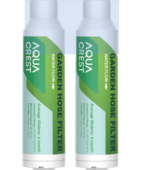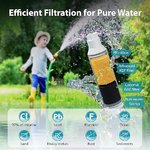It will change the pH. But probably not by much. If you have typical hard water, lower the pH to say 6.0, then add a normal amount of fertilizer, the pH probably will be about the same.
But if you do something else, like set the pH to 10.0, add a ton of fertilizer so that it is barely soluble, then measure if it is still 10.0, it probably no longer is. Of course that's not what you are doing. But also not what you specifically ruled out.
Since you have the ability to measure the pH, why not try and measure fo r yourself how much it has changed?
Most fertilizers are blended to bring the pH to the 6.2 to 6.5 range, because in that range everything is soluble and plant uptake is good. At higher pHs, fertilizer components might form non-soluble salts with the calcium in your tap water, biggest candidate being calcium phosphate.
So to answer the 'why do you want to lower water pH', if you are mixing in fertilizer you definitely want to consider that. It is not going to be significant, because your fertilizer is likely quite dilute. But if you are growing 200 tomato or pepper plants, and you are setting the pH anyway, and you are feeding way more than you would feed a bonsai, it is a bit silly to do all this work, and have quite a bit of the phosphate become a solid before you even poor it onto the soil. Because your tap water is pH 8.5 and high in calcium2+.



